Last year BKT officially opened its new manufacturing facility in Bhuj as part of the Game Changer Conference. Close to 600 dealers, suppliers and journalists were invited to visit the plant, and luckily I was one of them.
The factory is located just 60km from the Pakistani border and, more importantly for BKT, it has access to the port of Mundra in India. BKT examined and evaluated all major ports in India and this was considered a highly efficient hub with great container handling capacities.
Building a factory in India is a little different to what most of us would expect. BKT faced the challenge of purchasing 312 acres of land from a huge number of landowners; the average farm size in India is just 1.5 acres. There was no road access, so a new highway had to be built.
Added to this was the need to get electricity, with 13km of electricity poles erected to run the plant. To secure clean water, a pipeline of 8km from the nearest reservoir had to be put in place.
All this had to be completed before any building was considered.
In a final challenge, 25ft of black soil unsuitable for building was removed, and all buildings had to be built to withstand an earthquake measuring force 9 on the Richter scale.
The 167-acre plant’s construction began on 28 January 2011, and it produced its first solid tyre and cured its first pneumatic tyre in March 2012. By the end of that month, the plant was producing 100t per day. The plant officially opened in November 2015 and manufactures off-highway tyres, with special attention on agriculture and giant OTR tyres, for BKT’s various markets around the world. Currently, it has a production capacity of 150t per day and BKT expects to produce 325t per day by the end of 2016.
The building of the facility cost $500m, which was the entire value of the company at the time – a gutsy move. BKT invested hugely and intends to recoup its investment by challenging for a bigger cut of the tyre market.
With a rated capacity of 140,000t per year, the plant features internationally sourced state of the art equipment from raw materials intake to final inspection and it is essentially self-sufficient, with its own coal-fired power that produces 20 megawatts of electricity and steam-generation plants, water supply, research and development facility, captive rubber-mixing capacity and on-site housing, with 400 homes for workers and families and 90 homes for single workers at the moment.
There is a large green area with jogging tracks, a large recreation centre for indoor and outdoor activities, a medical centre and a shopping complex.
The plant currently has about 2,000 workers, and expects to double that number by the end of 2016, said chairman and joint managing director Rajiv Poddar. The Bhuj plant also has its own fire station, with seven firefighting trucks, two ambulances and a smooth firefighting system covering the entire complex, extending over 37km.
Tyre production
The plant at the moment is producing around 2,500 tyres per day and at full production at the end of 2016 this will increase to over 5,000 tyres per day.
The factory has a total of 13 mixers to create the ideal homogenous mix of chemicals, rubber and carbon for each type of tyre. On the tour, I learned that this mix can have an effect on the wear, flexibility of the tyre and the performance in the field.
All the raw materials are stored in the factory’s massive warehouse which is 20,000 sq m. It takes about 16 hours to make a standard Agrimax tractor tyre. Only 5% of the material required to make a tyre comes from oil.
The company is expanding rapidly and it is increasing quality control to maintain high levels of efficiency in the factory. BKT told us that 99.8% of the tyres inspected pass first time on the quality checks. Obviously, not every tyre is tested just a tyre from every batch produced. In the quality control lab, a purpose-built machine stretches the rubber to breaking point, and other machines carry out up to 5.2m cycles at 300rpm to test for vulcanised rubber fatigue. A sample from every batch is stored so if there is a problem with any tyre it can be traced back to the original batch.
The test track, located in front of the R&D centre, allows BKT to test tyre performance in various conditions and is the first of its kind in India. The facility features concrete and asphalt tracks that can be used for dry and wet conditions, a concrete and asphalt circular track, a dirt track, a stone track and a noise measurement path. BKT said it has already had requests from Indian companies to use the track for testing. The R&D Centre is being built for research on new polymers and tread compounds, According to BKT, when it is finished it will be a multi-story building and will have 150 technicians working on tyre development. According to the tyre manufacturing giant, it invests 3.5% of the company’s sales in to research.
“We focus on quality products,” Rajiv Poddar said. “We’ve never focused on pricing or being the cheapest because they’ll always find someone who’s cheaper than you. The way we’ve focused is how we can be better than the best. That’s the approach. By aiming for that we are at least at par with the top players.”
It would appear that BKT is focusing on a quality product coming in under the premium marks in the business. At the press conference, the company outlined that BKT is an off-road tyre specialist and has no interest in developing car tyres.
Agrigear and BKT
Agrigear, founded by Fred Clarke, is a tyre and wheel specialist company located in Bailieborough, Co Cavan. It is over 30 years in business and employs over 60 people. Agrigear took on the BKT brand in 2001 and was appointed sole Irish distributor a short time later. Over the past 15 years the two companies have built up a very strong relationship and BKT visits Ireland on a regular basis. This year managing director Arvind Poddar visited Agrigear to discuss developments in the Irish market and business strategy for the future. Development of new products for the Irish market is key to the future growth and development of the BKT brand in Ireland and extremely important for Agrigear. The range of products now carried by Agrigear covers agricultural, industrial, construction, mining, quarrying, forestry and lawn gardens.
Agrigear distributes BKT product throughout Ireland, North and South, through a network of approved agents. Deliveries are handled by Agrigear’s own fleet of vehicles or by courier service when needed.
Fred says: “The success of the BKT product in Ireland is based on high quality at a competitive price. This, coupled with Agrigear’s after-sales service, which is backed up by the service team and technical department in BKT, has ensured customers in Ireland get an excellent product”.
History
Balkrishna Industries Ltd (BKT) is a family-owned business, founded by Mahabirprasad Poddar in 1954. Back then bicycle tyres were the group’s primary focus, with paper and textile businesses also. He was succeeded by his son Arvind Poddar who is the current chairman and joint managing director of the group with his son Rajiv Poddar. In 1987 the group opened its first manufacturing tyre plant in western India. Today the company exports to more than 130 countries and the corporate and administration base is in Mumbai. More than 7,000 people are employed at BKT, with an average age of 37. The group has its newest and biggest factory in Bhuj, with existing plants at Aurangabad, Bhiwadi, Chopanki and Dombivali in India. In 2004 BKT made its first agri radial tyre and now has 230 tyre sizes.
To read the full Tyres Focus Supplement, click here.



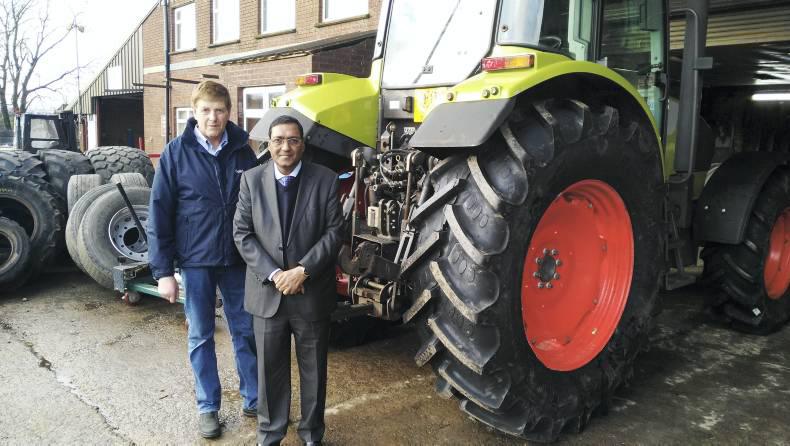








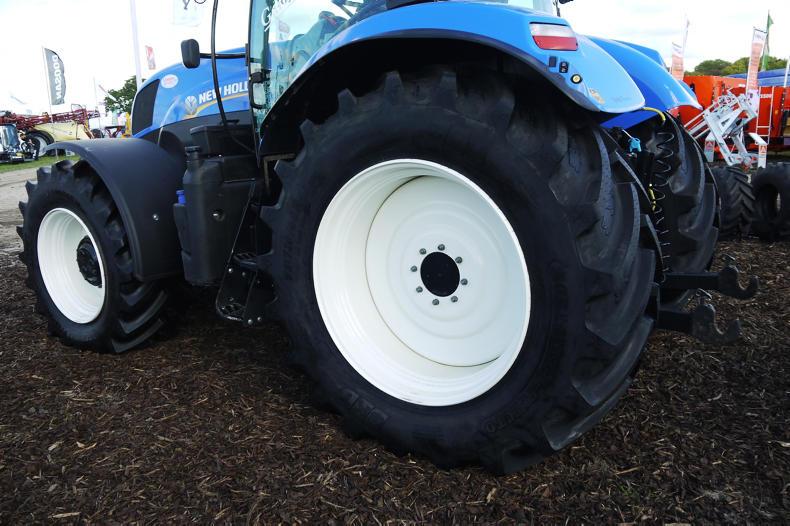

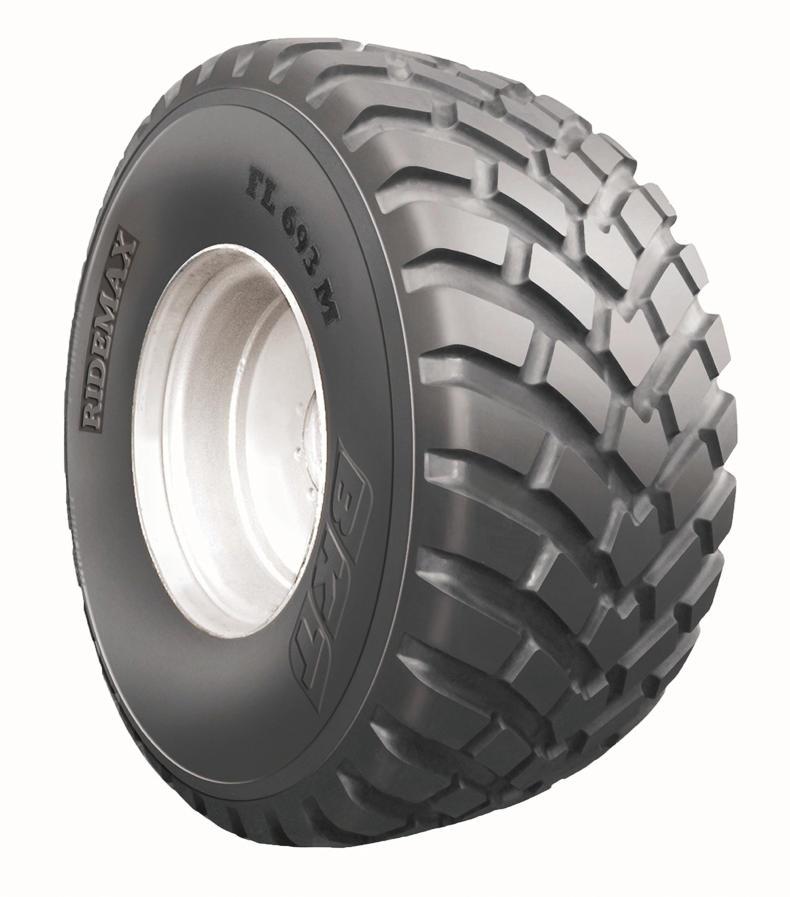
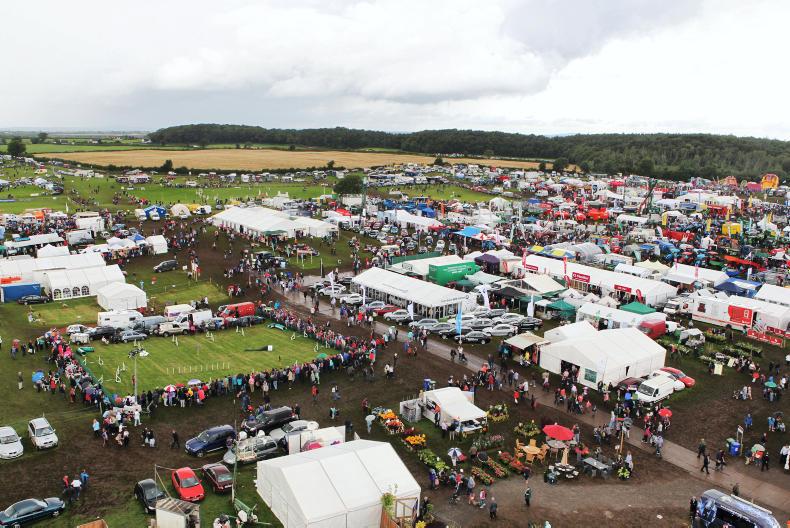
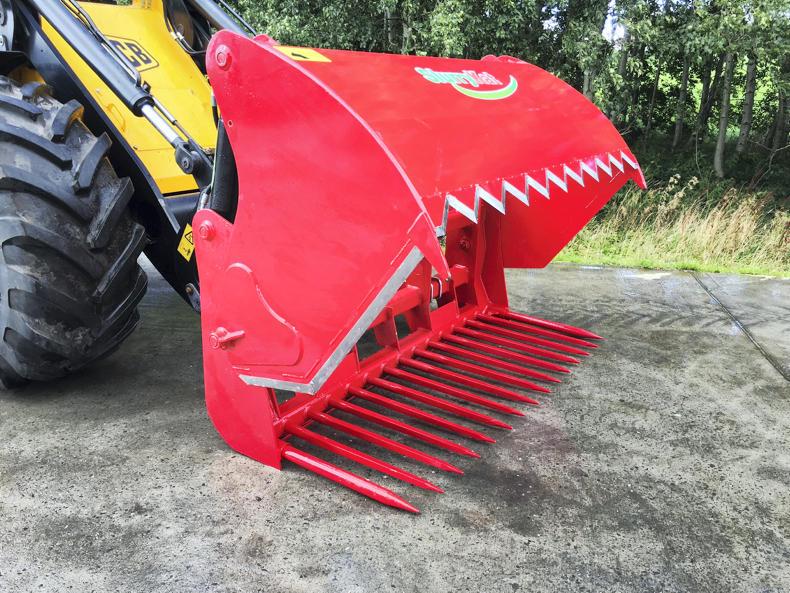
SHARING OPTIONS